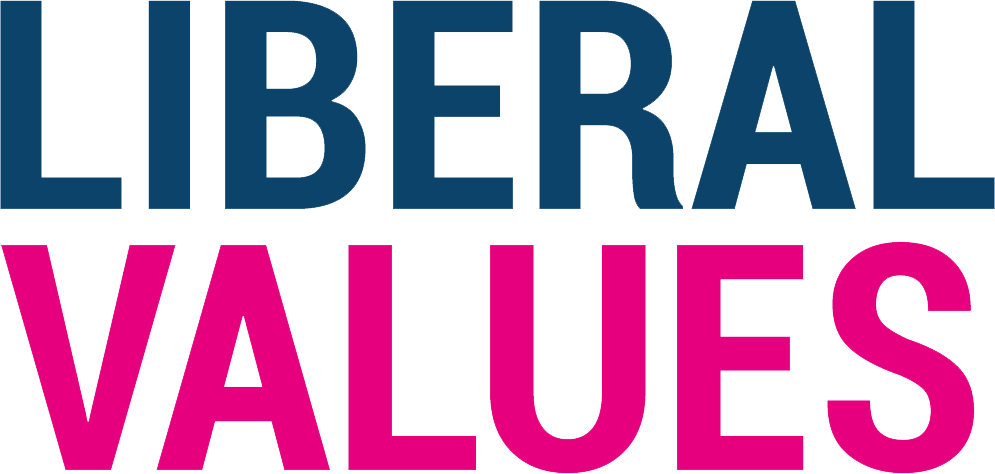Welcome back to our series on the values of liberalism.
Today, we move on to one very special value of liberalism:tolerance.Or as others call it: toleration, acceptance, or some even talk about civility when they talk about what we will refer to here as tolerance.
Tolerance plays a very special role at this moment, in times of increasing diversity in our societies. And it cannot be emphasized enough how big of a role the principle of tolerance play in liberal thinking. One might even say that it is the core virtue of liberalism and underpins all constitutions, all laws, and all values. Because tolerance is what enables us to recognize the worth of each individual, to hear their voices, to enable them to develop their own individuality and character, and most importantly to ensure peace and stability in our modern diverse societies.
As you see, It is hard to oversell tolerance. It is that important! So, let’s get right into it.

Here you see a painting by Jackson Pollok.
Take a couple of seconds to focus your attention on this painting. Fully immerse your self in this visual experience…
Done?
Is this painting beautiful? Or is it ugly? Let us know in the comments below. we have done this test with many of my friends before and we have gotten very mixed results. So, we are curious what you think. Personally, we think this painting is beautiful, a masterpiece of abstract, modern art. But you might disagree and find it ugly or boring. Do not worry. we won’t judge you for that. Instead, we will ask you another question. Here you see a famous philosophical dilemma: The so called “Trolley Problem ”The “Trolley Problem” goes like this: A driverless trolley is out of control and heading down the tracks. On the tracks, there are five people that will not hear the trolley approaching. Luckily, you are standing next to a big lever. If you push that lever, you will be able to redirect the trolley to another part of the tracks, where only one person is working at the moment.
In other words, you have the choice between five and one.
Would you push that lever and divert the trolley to another part of the tracks?
No matter which side you will fall into in this debate, you recognize that it is a hard choice to make, right? And you also recognize that there are good reasons to act otherwise, right?.
Before we get distracted too much, let’s move on to our final question: What is the meaning of life? You might laugh now, but we are serious. Think for a second. After all, it is the most existential question to human life. You should have an answer ready.
So, we asked this question amongst our friends and colleagues and this is what we got: Some think that it is family and friends that matter most. Others think that happiness or even hedonistic goals, such as money and status make up meaning. Many of them said that love is what keeps us going. Others have focused on the presence in the moment or nature. And the most cynical ones claim that the human experience has no meaning, it is a cosmic accident. We are only driven by our natural and evolutionary desires.
Those views on the most fundamental question of human existence couldn’t be more different. They are strikingly far away from each other. And that is exactly what this short exercise is about.
This exercise did not show us that you disagreed with me about my favorite painting, about the right way to think about the trolley problem, or to make sense of the meaning of life. This exercise showed us that we disagree in society.











